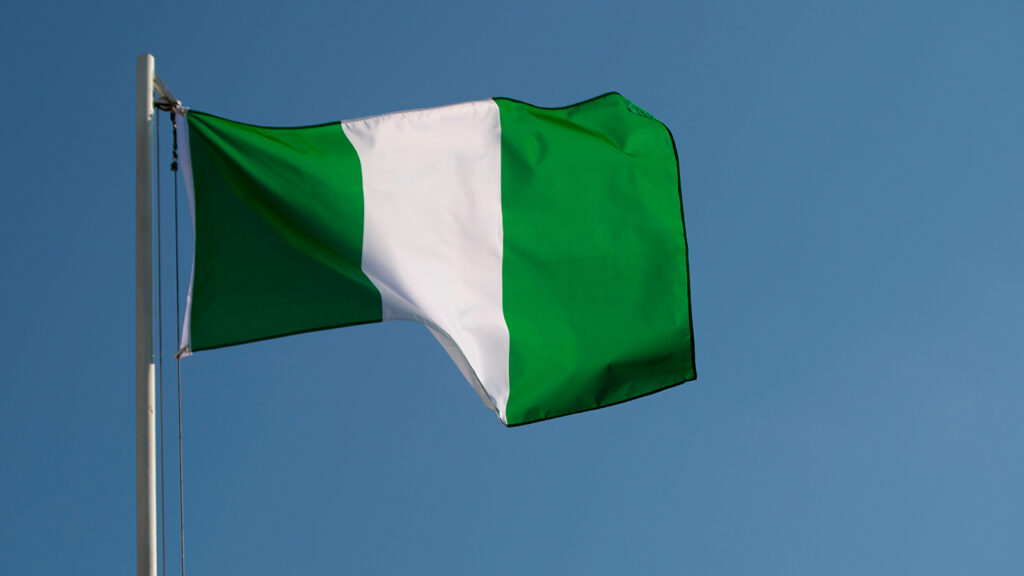
A woman buys a drink from the hipster coffee store "House of Machines" in Cape Town, South Africa.
Photo: Leon Neal/Getty Images
By 2100, one in three people on the globe will be African. The continent has seen a lot of progress in the last couple of decades with higher economic growth rates, improving infrastructure and an expansion of education and health care.
But now, soaring food prices could tip millions back into poverty. Polls show that most Africans believe the future will be worse than the present, opening the door to instability and civil unrest.
The Altamar podcast team of Peter Schechter and Muni Jensen spoke to Jakkie Cilliers, the founder of the Institute for Security Studies in South Africa, who has spent years researching the challenges of Africa, including in one of his latest books, Africa First!: Igniting a Growth Revolution.
How to Trigger a Growth Revolution
Cilliers explained, “Things are improving in Africa, particularly since the 1990s, but slower than improvements in the rest of the world. While things are improving at a general level — as much as one can generalize on 55 countries — Africa’s falling further and further behind. What we do in our work is look at what needs to be done to change that growing gap.”
Cilliers and his team have identified 11 critical structural interventions that need to happen to trigger a growth revolution. These range from better stability, better governance, to an agricultural revolution and so forth.
Even with a growing demographic and abundant natural resources, many countries in Africa have had trouble reaching their full potential. “Africa’s challenges are rooted in the way in which the African state was created. … You have an imposed state, and that imposed framework was held in place by the Cold War. … But because you have an imposed state formation process in Africa, this process of creating national identities — countries — takes years.”
Despite challenges, there are reasons to be optimistic.
The solution to this is not foreign intervention. The solution is Africans trying to find a way of dealing with this themselves.
For example, the new African Free Trade Agreement, which Cilliers thinks is hugely important. “Our modeling would indicate that the full implementation of the African Continental Free Trade Area can deliver more rapid poverty reduction and improvements in average income than any other intervention. The reason is simple … you need larger markets so that African countries can trade with one another because by trading with one another, they improve the value composition of their trade. They, in other words, go up the manufacturing ladder.”
How Do You Deal With the Sahel?
The Sahel is a particularly complex region, plagued by violent Islamic extremist groups and climate change. Cilliers explains, “It’s important to understand that the spread of Islamic radicalism and violent Islamic radicalism in Africa is very much a result of NATO intervention in Libya, the War in Iraq and the War in Afghanistan.
“The solution to this is not foreign intervention. The solution is Africans trying to find a way of dealing with this themselves, whether that is through negotiation, through violence, probably a combination of a variety of measures.”
Cilliers believes that democracy accompanies development. “If you measure relative democracy, Africa is actually more democratic than you would expect, given levels of education and levels of GDP per capita. So, we have kind of a democratic surplus in Africa. Strange term, but it is true.”
China’s Intervention
The Chinese have invested massively in the continent, which Cilliers thinks has generally been a force for good. “China is now Africa’s largest trading partner as a single country; the European Union remains our largest trading partner as a block. Africa has got a huge infrastructure deficit and lack of investment. The Chinese, to a large extent, are coming to the party and delivering upon that. The [West’s] concern is that the example of China will draw down democracy, that it sets the wrong example, but what Africa wants, it wants to stay out of the East-West fight.”
So why has the U.S. private sector neglected African investments, while Chinese investment has expanded so rapidly? Cilliers responded, “It’s very evident, and I think it’s because the U.S. interest is driven by the private sector, and the private sector follows profit.” The rating agencies look at Africa and give a lower rating than any country in, for example, in Latin America. “But the Chinese don’t need to go to a rating agency because it’s largely government money.”
The Role of the International Community
Africans need to be the ones solving Africa’s problems, so what is the role of the international community regarding existential threats like climate change? Cilliers explained, “Africa needs the international community. It needs it desperately. In particular, it needs its investment and engagement, and it needs it across the board. … And we’ve seen, generally, the criticism that is leveled against development assistance aid is that it helps corrupt governments and so on, but it also alleviates deep-seated poverty in certain instances and helps to build capacity.”
“Another example is from the United Nations. What we’ve seen is that the best recipe for long standing conflicts is a multinational peacekeeping force that is deployed and that stays in the country for decades.”
By 2050, Cilliers thinks Africa still won’t be “batting at the right level,” given its population size relative to the size of the economy, but it’s not fair to generalize across the continent. “There are seven or eight countries which are highly unstable, and the narrative from them tends to dominate everything. We think that when there’s violence in South Sudan that the entire region is unstable. We don’t recognize that Kenya is probably one of the fastest, most dynamic economies in the world.”




